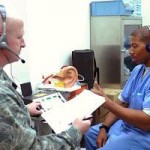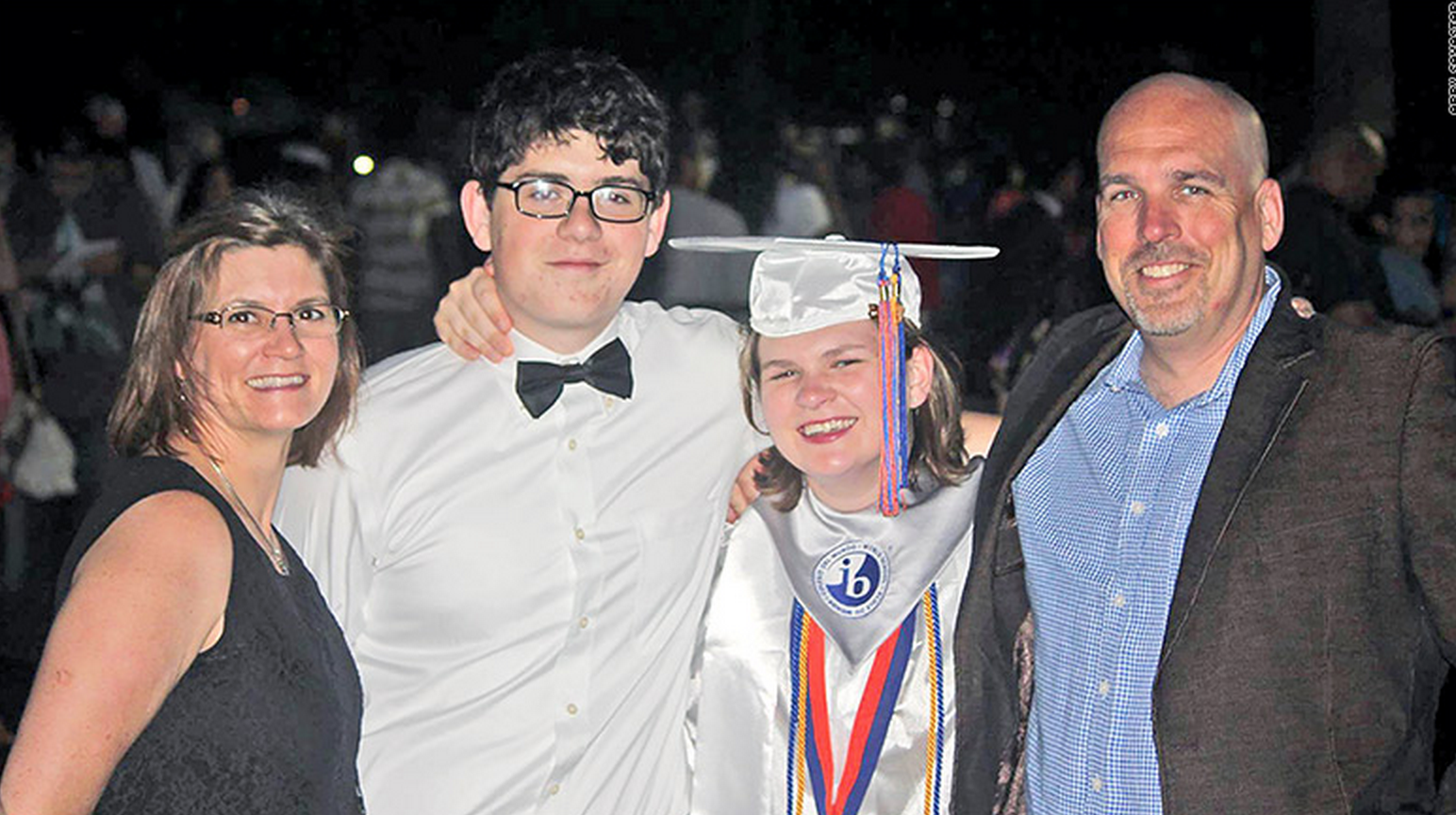How one high schooler made $80K (without getting a job)
High schoolers can now earn money for college — no job required.
Startup Raise.me developed a program that allows high school students to start banking college scholarship money.
What’s the catch?
The money is tied to students’ individual achievements. The better they do in school, the more engaged they are with their communities, the more money they earn from Raise.me’s college partners.
There are 76 colleges on Raise.me’s platform, including Penn State, UMass and Tulane. Raise.me cofounder Preston Silverman hopes to increase that to 100 colleges by the end of the year…. Continue reading this article by clicking HERE.
7 Tips for Success in College
Check out these 7 great tips (many of the them suggested by prior Dean Ritter recipients) to help you succeed in college:
- Communicate with your professor right away. Let them know that you have a hearing impairment and ask for any accommodations you may require to succeed in their class. College is much different than high school, and college professors are not usually given a list of students who need accommodations from the college or university. It will be up to you to ask for what you need.
- Sit in a seat with an unobstructed view of where the professor usually stands. Don’t always assume this will be the front of the classroom or lecture hall. Pay close attention the first few classes to see where the professor likes to stand and where they lecture from.
- Find a “buddy” in class the first week. It will become apparent right away which students are serious and which students are not. Get the cell phone number of one of the “serious” students during the first week. See if you can get in a study group with them, and ask them if you can make copies of their notes if you miss anything.
- Use GarageBand (on a Mac) to record lectures. Utilize GarageBand or a similar recording device so you can go back and listen to the lectures later on if needed. (A great tip from a 2014 scholarship recipient!!!)
- Utilize your professor’s office hours. They have them for a reason. If you miss anything during a lecture, class, or lab, or you don’t understand something, make sure you get to their office hours. This small group/one-on-one setting can be a more distraction-free environment for extra explanation and extra help.
- Find a balance between school work and social time. College is a great time for you to grow academically and socially. Setting a schedule of where and when you will study can help keep your social and academic lives in balance.
- Find a distraction free place to study (this includes social media free) – College is full of distractions. Turn that ten hour paper into a four hour paper by going to a quite place (maybe the library, coffee house, or academic building) and turing off your social media updates. That SnapChat story, Twitter mention, or Instagram picture will be there when you are done, and you will be able to fully dedicate your time to it!
If you have any more suggestions that may be helpful to Dean Ritter Scholarship Recipients and Enthusiasts, email heather@deanritter.org, or post them in the comments section below. Your suggestions could help others tremendously!
This Technology Could Change the Way Deaf People Live
A San Francisco company is crowdfunding a project to make sign-to-word communication the most seamless it’s ever been
Ryan Hait-Campbell says his San Francisco company’s invention is really about jobs. Deaf people like himself, explains the MotionSavvy CEO, are too often shunted into positions that don’t require talking to anyone—washing dishes, fishing or other solitary vocations that often have low wages, little opportunity for advancement and… click here to read more
Article by Katy Steinmetz in Time Magazine
Follow her on twitter at @katysteinmetz
New Bill Would Open Air Force to Deaf
Deaf and severely  hearing impaired individuals could soon serve in the Air Force if legislation introduced in July by a California lawmaker is passed.
hearing impaired individuals could soon serve in the Air Force if legislation introduced in July by a California lawmaker is passed.
An Air Force captain convinced U.S. Rep. Mark Takano, D-California, to introduce a bill that would allow deaf and hearing impaired people to serve in the Air Force… Read More HERE
Source: http://www.military.com/daily-news/2014/08/11/new-bill-would-open-air-force-to-deaf.html
Who is Dean Ritter?
Dean C. Ritter was born with bi-lateral hearing loss in 1922, in Vandalia, Illinois. During his childhood, Mr. Ritter’s educational opportunities were limited to the third-grade, due to the lack of hearing-related services at the time.
Dean was an only child who remained mostly isolated during his childhood due to his hearing loss. It was this lack of opportunity at the time that motivated Dean to will his inheritance to be distributed as scholarships to students with hearing loss to help them continue their education.
Mr. Ritter never learned sign language and communicated strictly by lip-reading. A lifelong janitor in various factories, Mr. Ritter saved virtually every penny he ever made and because of this others with hearing loss will be able to benefit from his life.
Dean Ritter became a loyal customer of Davis Chevrolet (owned by Dean Ritter Executive Director Mike Davis) in 1991.
Dean communicated so well with Mike during their business relationship that Mike did not know he was deaf until he became his informal care taker in 2001.
Several times a week, Mike would make the trip from St. Elmo to Vandalia (about 15 miles) to make sure Dean had food, to help him with chores around his house, to help him with is bills, and to spend time with him.
It was this relationship that caused Dean to appoint Mike to set up the Dean Ritter Foundation upon his passing.
Because of Mike’s ownership of Davis Auto Center (formerly Davis Chevrolet) he has appointed his daughter Heather (Davis) Nelson to run the day-to-day operations of the foundation.
The Dean Ritter Foundation is a great example of how the kindness of one unassuming, selfless person can make a huge impact on society and benefit many students for years to come.
